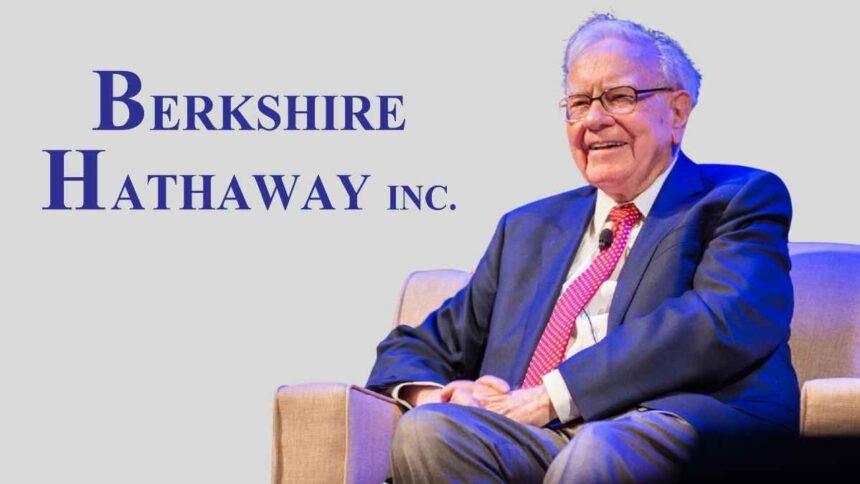Investing is a journey, and few companies exemplify the rewards of patience better than Berkshire Hathaway (NYSE: BRK.A) (NYSE: BRK.B).
Warren Buffett, the CEO of Berkshire Hathaway, has built a legacy as one of the most successful investors of all time, with his company delivering astounding returns over the years.
As of 2023, Berkshire Hathaway has generated an overall gain of 4,384,748% since 1965, an annualized return of 19.8%. This staggering figure demonstrates the immense power of compounding and long-term investment.
But what if you didn’t start investing in 1965? What if you had invested $10,000 in Berkshire Hathaway just a decade ago?
A Decade of Returns
If you had invested $10,000 in Berkshire Hathaway 10 years ago, you would have approximately $31,797 today.
This represents an annualized return of 12.26%. While this may not match the 19.8% annualized return since 1965, it is still an impressive figure.
In comparison, the S&P 500 returned an average of 11.61% over the same period, meaning Berkshire Hathaway outperformed the broader market.
Some investors might feel a tinge of disappointment, expecting higher returns given Buffett’s reputation.
However, it’s essential to consider the context. Berkshire Hathaway has grown significantly over the decades, and as companies increase in size, their growth rates tend to decelerate.
Berkshire’s market value recently stood at $950 billion, a colossal figure that makes it challenging to maintain the explosive growth rates seen in the past.
Related: What a $10,000 Investment in Costco 15 Years Ago Could Be Worth Today
The Impact of Size on Growth
Berkshire Hathaway’s sheer size has made it increasingly difficult to find investment opportunities that move the needle.
With Buffett sitting on approximately $277 billion in cash, the company has the capacity to make significant acquisitions. However, Buffett is notoriously selective, preferring to invest in high-quality businesses at reasonable valuations.
This cautious approach, while prudent, can sometimes limit the company’s growth potential in the short term.
Despite these challenges, Berkshire Hathaway remains a solid investment. The company’s performance, even in recent years, continues to outpace the market.
Moreover, its diversified portfolio, which includes stakes in companies like Apple, Coca-Cola, and American Express, provides a level of stability that is attractive to many investors.
Should You Invest in Berkshire Hathaway Now?
The big question for potential investors is whether Berkshire Hathaway is still a good investment. The answer depends largely on your investment goals and expectations.
If you’re looking for annual returns in the 20% range, you might be setting yourself up for disappointment. While the stock is up about 23% year-to-date, its three-year average return is closer to 15%.
Looking ahead, Berkshire Hathaway may average returns of only 8% to 10% over the next few years.
This potential slowdown is not necessarily a bad thing. Berkshire Hathaway offers a unique combination of stability and growth, making it an attractive option for conservative investors who value long-term wealth preservation.
The company’s cash reserves provide a cushion against market volatility, and Buffett’s disciplined investment strategy minimizes the risk of significant losses.
For investors with a long-term horizon, Berkshire Hathaway remains a compelling option. The company’s diverse portfolio and robust cash position ensure that it can weather economic downturns and capitalize on opportunities as they arise.
Additionally, Buffett’s track record of making sound investment decisions adds a layer of confidence that is hard to find elsewhere.





